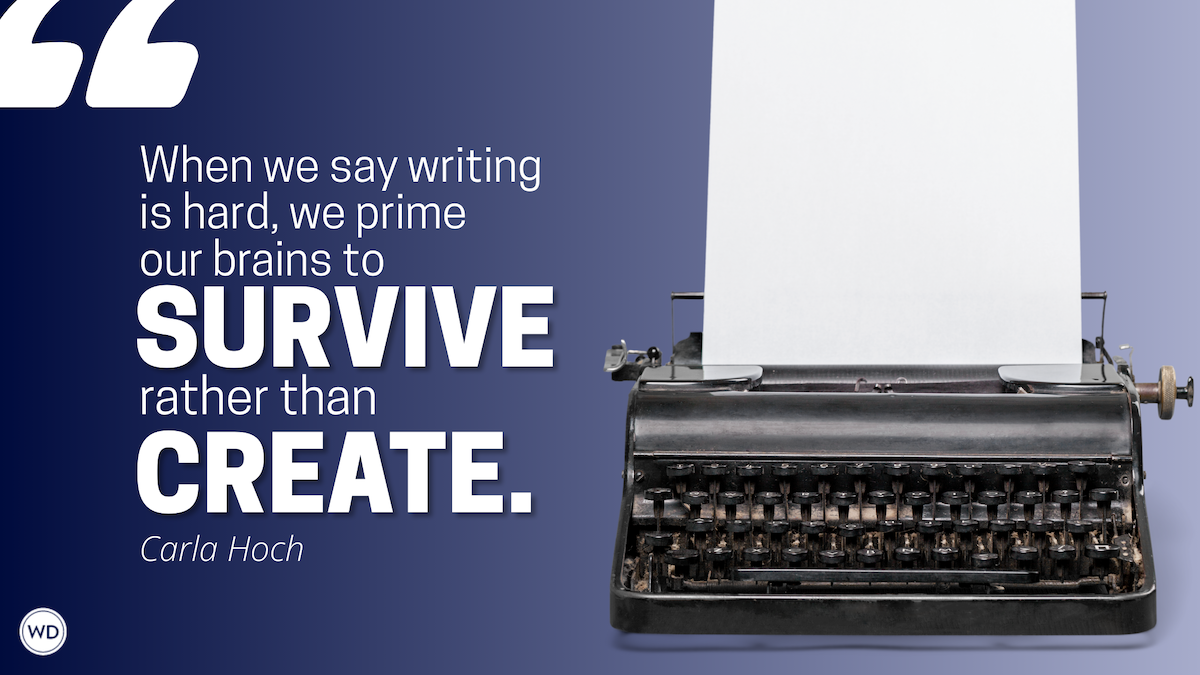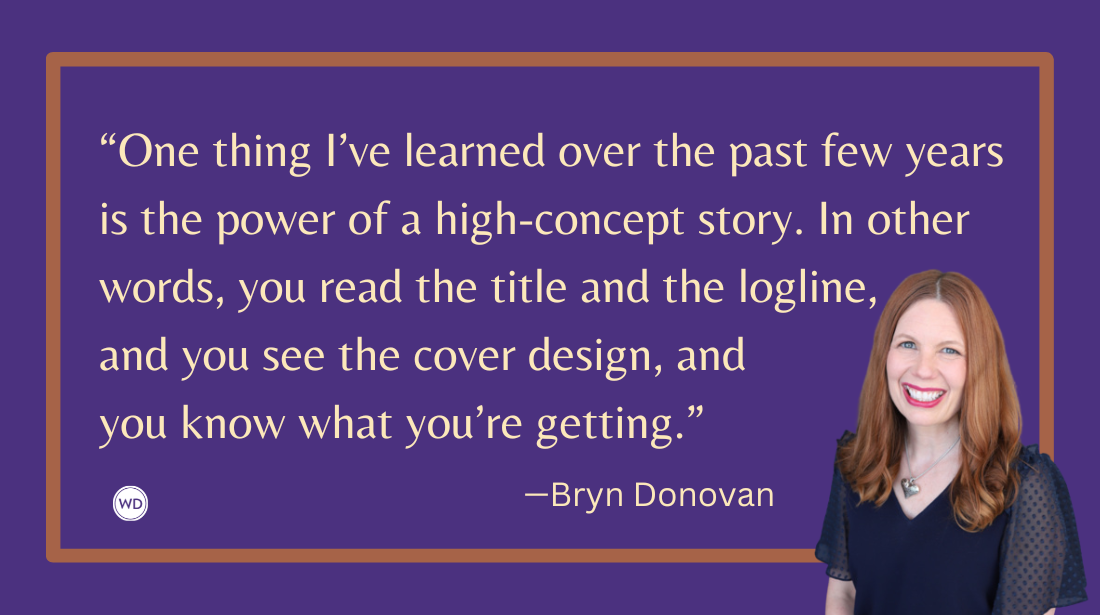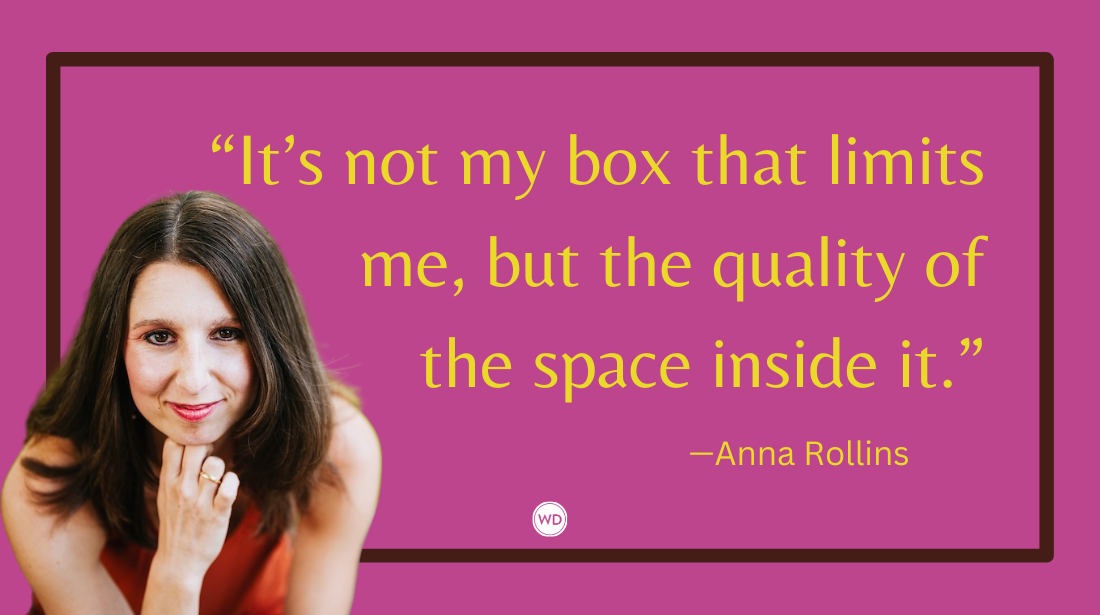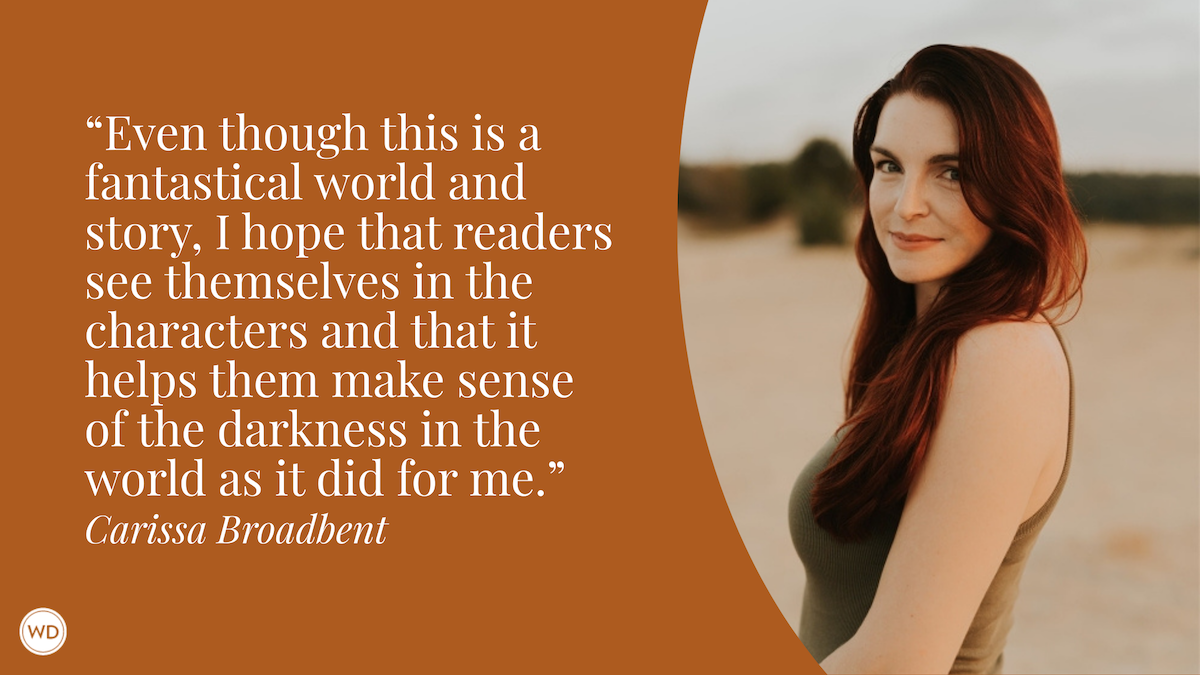In Search of Gathering Spaces for Writers: How I Chose Clubhouse to Connect
After a year of isolation, writers are yearning for ways to connect, to share their work and to help their fellow writers. Author Jai Chakrabarti discusses why he chose to connect with others through the audio-only platform, Clubhouse.
One of my favorite Bengali words is adda. Adda refers to the kind of conversation that happens over a few cups of chai when you’ve nowhere to go for hours. It also conjures a gathering space, a communal exchange on the topics of the day. During the pandemic I yearned for a literary adda.
When I’d first moved to New York City, I fell in with a group of poets who organized readings nearly every day of the week. I’d travel to all five boroughs to hear an open mic or to take a workshop. After the readings we’d meet to discuss what we’d heard, what we were working on, and how we were struggling as artists and humans. Many of my closest friends have come from these encounters: When we’re transformed by art, we’re that much more open to connection and new beginnings.
So, during the pandemic when dusky bars in the outer boroughs were not available, I thought about my options for literary gathering spaces. I chose Clubhouse and began a weekly room called Authors & Friends. For those who haven’t been on Clubhouse, it’s a new audio-only social media platform that’s a bit like choosing from a vast array of adda options on everything from bitcoin to finding love.
IndieBound | Bookshop | Amazon
[WD uses affiliate links.]
I liked Clubhouse because it’s participatory; in the rooms I was drawn to, you can fluidly join “the stage” (or leave it), and there’s little distinction between hosts, speakers, and audience. Many rooms aren’t like this of course—there’s plenty that are all about self-promotion—but when the platform works, I think it moves us toward a shared experience of the questions we have.
Being part of a community of writers has been essential to improving my craft. In the safe space of my writing groups, I’ve vulnerably shared new stories; I’ve received feedback that’s let me think more of the reader than of myself. My debut novel from Knopf took nearly 10 years to write, and these communities kept me going, providing not only critical feedback, but also the emotional support I needed to dig deeper and to do one more revision.
I’ve been fortunate to have some incredible guests on Authors & Friends, including Brigid Hughes, editor of A Public Space, Jonathan Lee, novelist and editorial director of Bloomsbury, Jafreen Uddin, director of the Asian American Writers Workshop, and Andy Hunter, founder of Bookshop. These have been enriching experiences as I’ve been able to ask questions about craft and career, but so has anyone who’s come into the room. It’s both intimate and open, which is what I hope for in a literary gathering.
Now as I prepare to launch my book, I’m thinking of what I’ve learned through these conversations and where I’d like to go next. First, let’s admit that the potency of physical spaces is not easily mirrored online. When you walk into a reading how you share space is sometimes as important as the content itself; you wouldn’t wish to scroll on your phone or check out the other rooms that are available at that moment. There’s a kind of commitment that comes with physical spaces that can allow for deepening.
But here’s the thing: Since starting the series, I’ve met folks from other parts of America and even a few writers from other parts of the world. While Twitter or Instagram (at best) can feel like brief sparks of light, we still yearn for those interactions that go beyond the veneer of an online persona. Talking in a room with just audio—your favorite sweats are welcome—can do the trick.
Now as my novel comes into the world, I’m thinking about evolving the format and starting a podcast that demystifies craft. How, anyway, does one write a short story or structure a novel? But for now, I’m grateful for the new friends I’ve made and for the bit of adda that brought us together.
Jai Chakrabarti's short fiction has appeared in numerous journals and has been anthologized in The O. Henry Prize Stories, The Best American Short Stories, and awarded a Pushcart Prize. Chakrabarti was an Emerging Writer Fellow with A Public Space and received his MFA from Brooklyn College. He was born in Kolkata, India, and now lives in Brooklyn, New York, with his family. A Play for the End of the World is his first novel.









